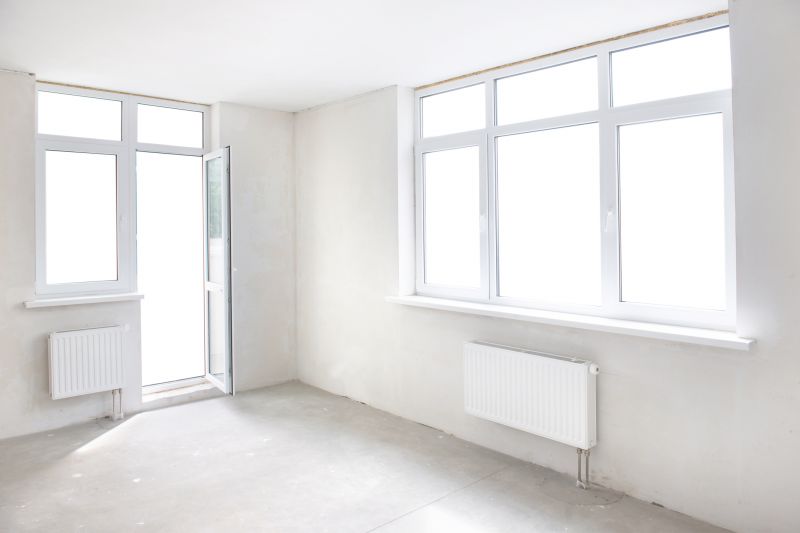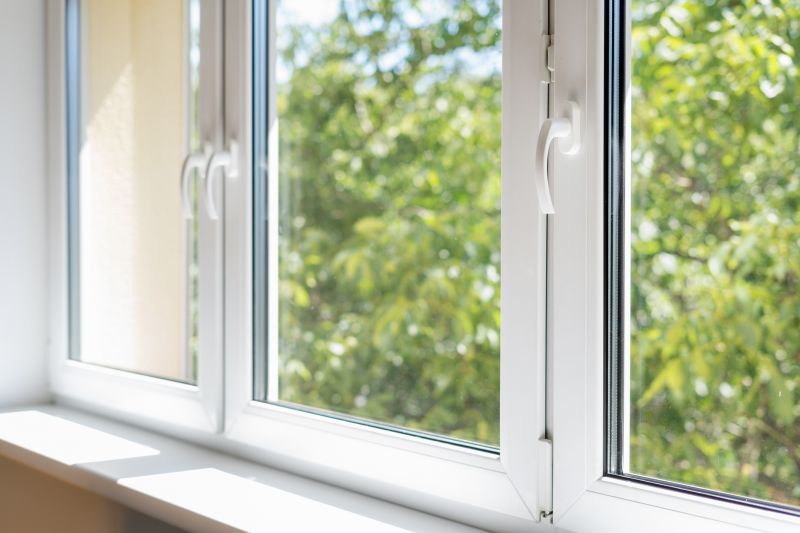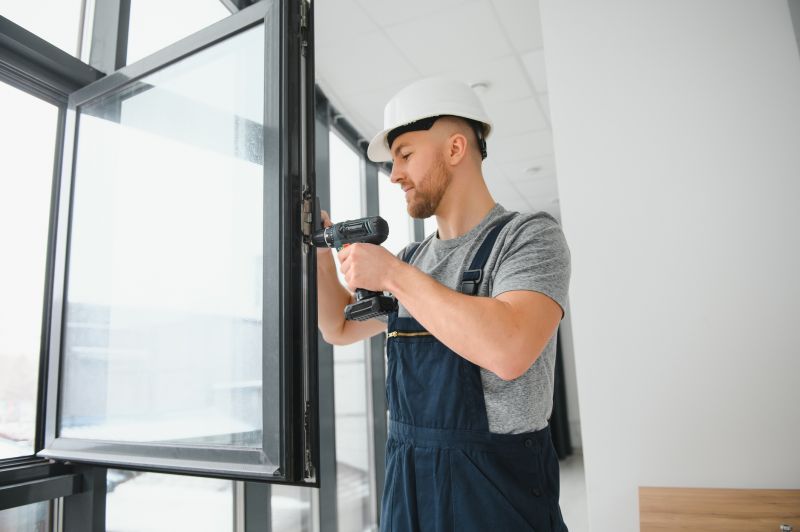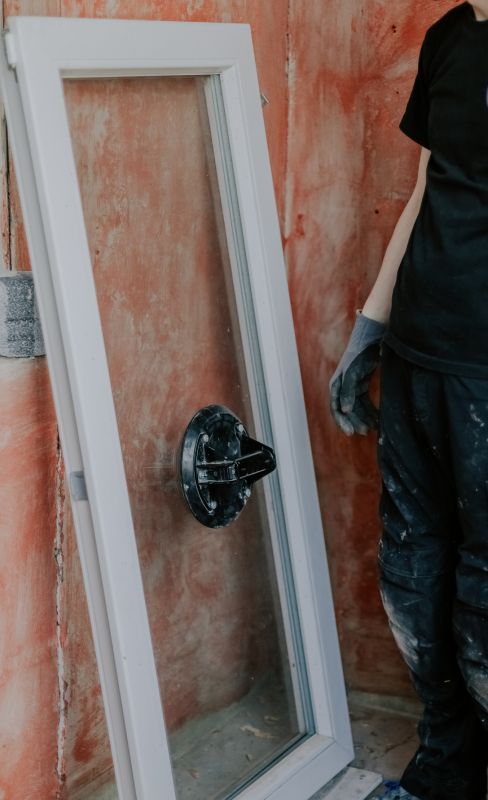Optimal Timing for Windows Installations
Choosing the right time for Windows installations can influence the success and efficiency of the process. Factors such as system readiness, software updates, and user availability are essential considerations. Performing installations during periods of low activity minimizes disruptions and allows for thorough setup and testing.
Spring and fall are ideal for Windows installations due to moderate weather and lower system usage.
Weekends often provide more flexibility for scheduled installations, especially for business environments.
Scheduling installations after major software updates ensures compatibility and security improvements.
Perform installations when users are less likely to need immediate access, such as late evenings or weekends.

Technicians preparing a computer for Windows setup.

Calendar with marked optimal installation periods.

Upgrade in progress with technicians working on a desktop.

Ways to make Windows Installations work in tight or awkward layouts.

Popular materials for Windows Installations and why they hold up over time.

Simple add-ons that improve Windows Installations without blowing the budget.

High-end options that actually feel worth it for Windows Installations.

Finishes and colors that play nicely with Windows Installations.
| Timing Consideration | Details |
|---|---|
| Seasonal Timing | Spring and fall are preferred for moderate weather conditions. |
| Weekday vs. Weekend | Weekends allow for flexible scheduling and minimal disruption. |
| Software Updates | Schedule after major updates for compatibility. |
| User Availability | Choose times when users are least likely to need immediate access. |
| Maintenance Windows | Align with planned system maintenance for efficiency. |
Windows installations are a critical component of maintaining optimal system performance and security. Proper timing ensures minimal disruption and maximizes the effectiveness of updates and upgrades. Regularly scheduled installations can help prevent system issues and improve user productivity.

A technician setting up a Windows system.

A user backing up data before installation.

Windows installation underway on a desktop.

Configuring settings after Windows installation.

System maintenance window for updates.

Ensuring hardware compatibility before installation.

Preparing hardware and data backups.

Monitoring Windows setup process.

Adjusting system settings after installation.

System ready for use after installation.

Little measurements that prevent headaches on Windows Installations day.

A 60-second routine that keeps Windows Installations looking new.

A frequent mistake in Windows Installations and how to dodge it.

Small tweaks to make Windows Installations safer and easier to use.
For those interested in scheduling Windows installations, it is recommended to contact professionals to determine the most suitable timing based on operational needs and system requirements. Proper planning ensures a smooth transition and ongoing system reliability.

